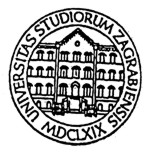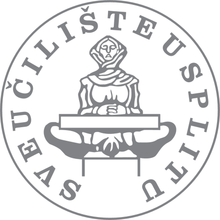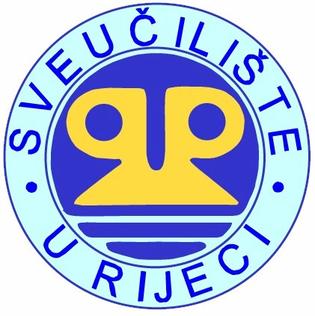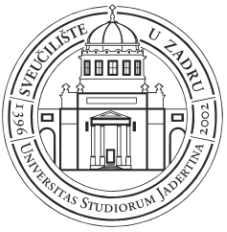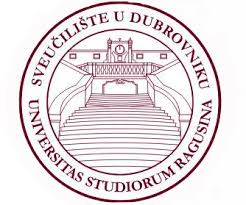
April 22, 1999 Iyar 6, 5759
By JILL CRACOWER
Special to The CJN
Every morning for the past few weeks, I have awakened to find the front page of the newspaper devoted to the Kosovo crisis. Every evening, pictures of war flash before me on the television news. Never before has a news issue both touched and angered me as much as this one.
I spent one month last summer in Croatia. Three classmates and I volunteered at an orphanage just outside Zagreb, which houses children whose parents either were killed or are unable to care for them as a result of the recent war. Many of my family and friends were surprised to hear where I was going, seeing Croatia as an unlikely summer destination for a "nice Jewish girl."
I was not quite sure what Croatia would be like, and like my family and friends, I was a bit nervous to be venturing off to a country so recently touched by war. But to my surprise, Croatia is a country filled with natural beauty and friendly people. The clear blue water of the Adriatic is a great source of pride to Croatians, and is just one of the many natural wonders that used to attract many European tourists to the country.
While Zagreb, with its beautiful opera house and European charm was virtually untouched by the war, signs of battle are evident in other parts of the country.
One sweltering day in May, the four of us, as well as some children and workers from the orphanage, took a four-hour drive to the city of Vukovar, a Serbian stronghold during the war. Before entering the city, we were told that it had been destroyed in its entirety.
Despite this, when we arrived, I could not believe what I saw before my eyes. Almost every home, school and building had been utterly ruined; the luckiest of them just had bullet holes in its walls.
Driving through the town, however, was a mere preface for what I was about to see at the Red Cross station. There, tents were set up, where workers performed tasks such as sorting through dead bodies and their possessions and building crosses for the fallen soldiers' graves.
Behind all the tents was a huge pit, a mass grave. My stomach was in knots, my body numb. I did not know that it was possible to experience such utter shock and sadness at the same time. And as our visit proceeded, visions and thoughts of the Holocaust plagued my mind.
Ever since elementary school, I have been exposed to movies, pictures and the complete history of the Holocaust. I always felt a certain sadness in knowing that six million of my fellow Jews were murdered for no rational or comprehensible reason. I also know how lucky I am that my grandparents were able to leave Europe during the war. But I was never truly able to fathom what the Holocaust was all about.
The fact that the Holocaust was covered in such great depth in high school is proof of how strong our community is, especially here in Montreal. From what I have observed, Jews are not only bonded by religion, but also by history and to some extent, by culture. Not only do Jews have the intent of preserving our distinct history and learning from it, but we also seem to have an intrinsic capacity and desire to help other Jews, to come to their aid in good times and in times of trouble. It is this commitment to our common history and to our fellow Jews which has kept the Jewish nation alive for thousands of years.
But do we not also have a responsibility as human beings to help our neighbors regardless of their religion? Can we, as a people, not relate to the tremendous suffering incurred by the people of Croatia, and can we not relate to the people of Kosovo and commit ourselves to bettering their situation?
Of course, there are Jews who support worldwide crises such as the one occurring in the former Yugoslavia. However, it seems like these "non-Jewish" catastrophes have never truly been our focus. And I am left asking why.
We constantly reiterate the words, never again; we cannot let such an atrocity as the Holocaust happen again. However, Vukovar's destruction is proof that holocausts are presently happening all over the world.
So while people, especially family and Jewish acquaintances may have been shocked to hear that I was going to Croatia last summer, I learned a lot about myself as a Jew. Some of the kids at the orphanage didn't know what being Jewish meant, Croatia being a predominantly Catholic country.
However, I learned there that Croatians and Jews are more connected than we think. Both Jews and Croatians are infinitely proud of their culture and homelands and devoted to their religion. What is unfortunate, however, is that one of our most blatant connections is a history of genocide.
Jill Cracower is a first year medical student at McGill University.
© The Canadian Jewish News (1999) |
